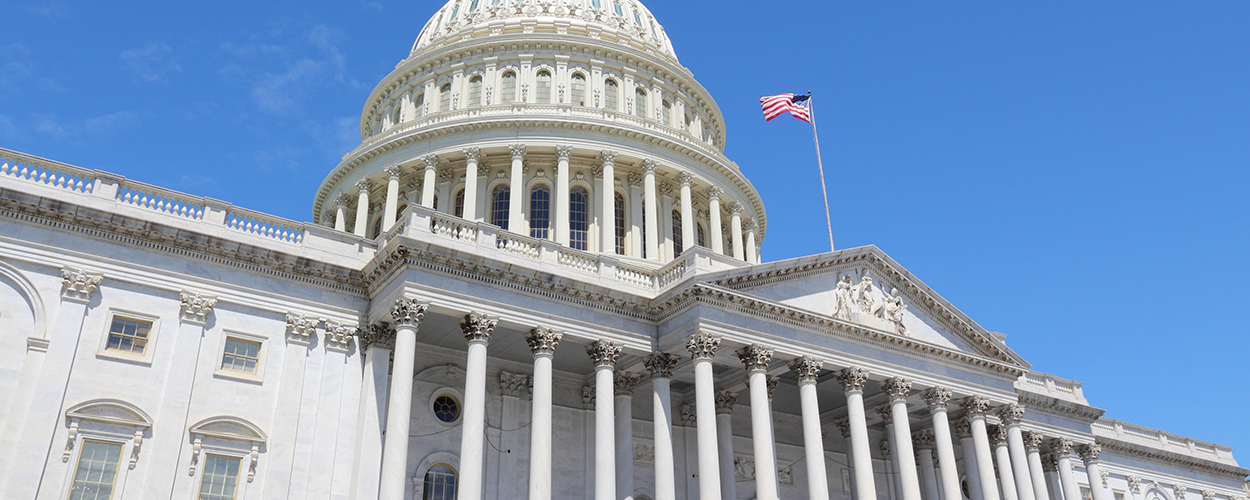This website uses cookies so that we can provide you with the best user experience possible. Cookie information is stored in your browser and performs functions such as recognising you when you return to our website and helping our team to understand which sections of the website you find most interesting and useful.
Business News Legal Top Stories
Fast-track small claims copyright board back on agenda in Washington
By Chris Cooke | Published on Friday 3 May 2019

Bills were introduced in US Congress this week that aim to set up a new copyright claims board to provide copyright owners with a simpler, quicker, cheaper route for enforcing their rights. The new board would mean that in disputes seeking damages of up to $30,000, copyright owners wouldn’t have to pursue a full action in the courts.
Employing the slightly clunky name of the Copyright Alternative In Small-Claims Enforcement Act (that makes it the CASE Act, see), the proposals have been introduced in both Senate and the House Of Representatives, with the proposers spinning it all as something that will primarily benefit individual creators rather than corporate copyright owners.
One of the senators behind the CASE Act is Thom Tillis, who says: “Independent artists who rely on copyright laws to protect their work play an important role in our communities, but the current system makes it difficult for them to receive damages in a cost-effective manner. This bi-partisan bill will provide a more efficient way for copyright holders to protect their intellectual property and ensure that our content creators can be properly paid when their work is used without authorisation”.
Another backer, John Kennedy, adds: “It shouldn’t cost you a fortune to protect your creativity from copyright infringement. This bill creates a legal avenue for artists to pursue copyright violations more quickly and less expensively. We need to make sure that Americans’ creative spirit is preserved and protected”.
The proposals will be popular with the music and wider creative community, with photographers and independent film-makers regularly cited as possible beneficiaries of the new scheme, alongside musicians and songwriters. But the tech sector will oppose the proposals.
We know that for certain because this isn’t the first time a fast-track small claims court for copyright infringement cases has been proposed Stateside. Previous proposals, introduced in 2017, sparked a backlash from tech firms which argued that the new claims board would be open to abuse by copyright owners. That opposition was sufficient to ensure the 2017 proposals didn’t proceed.
Public Knowledge, a lobbying group backed by many tech firms, has already hit out at the new proposals. Although acknowledging “the very real problems faced by many artists trying to enforce their copyrights online” and the need for a meaningful solution to those problems, it said “the current CASE Act is not it”.
The organisation’s Meredith Rose added: “The act further entrenches an already-toxic culture of secrecy within major entertainment industries; undermines recent Supreme Court precedent on the importance of copyright registration; and creates a body that can grant unappealable, enormous judgments that stretch the definitions of ‘small claims’, while empowering the Copyright Office to further increase those judgment amounts in the future. This system, as drafted, is both flatly untenable, and unlikely to solve the problems it claims to address”.
So, cue another round of content creators v tech firms sparring. Good times.





